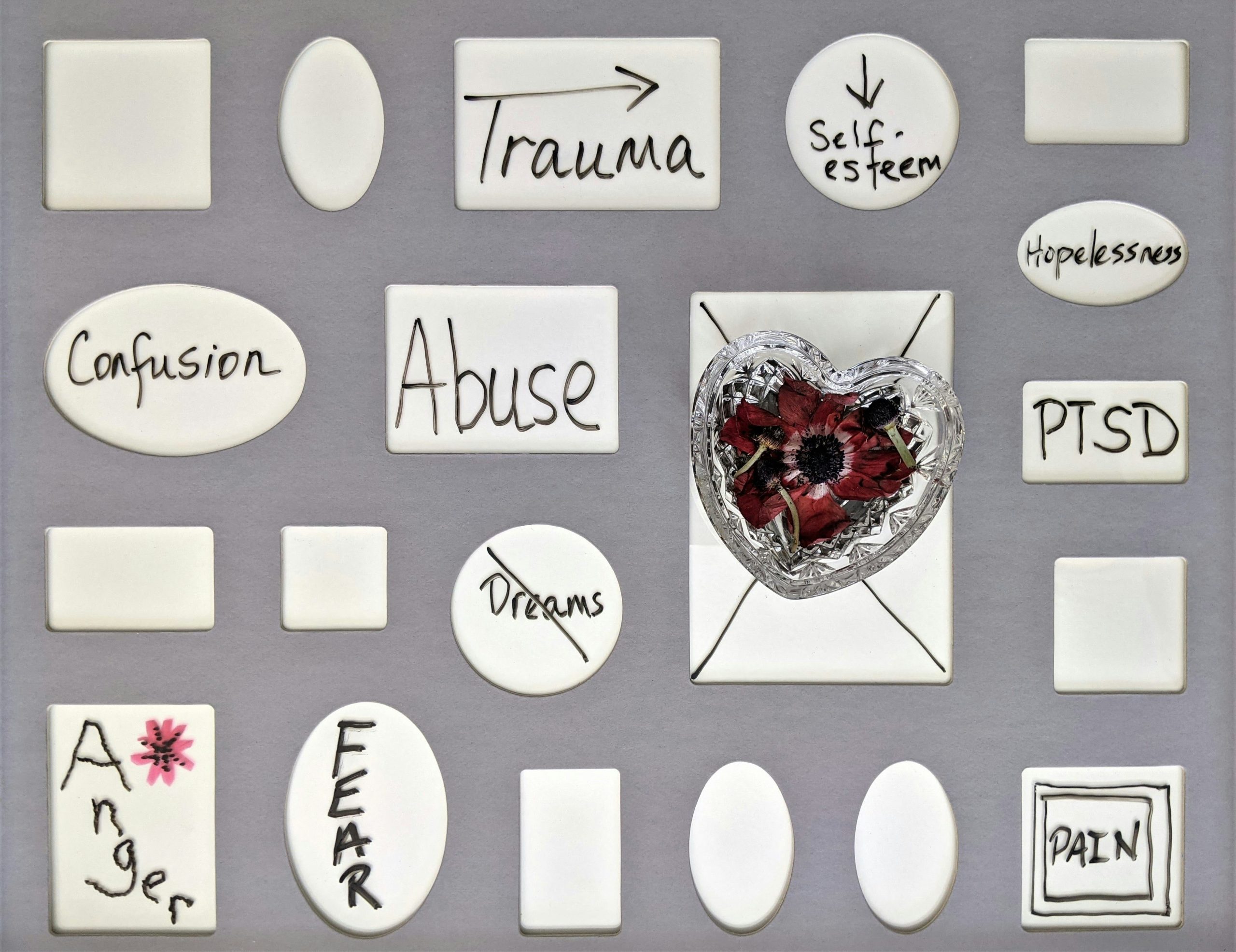Table of Contents
![]()
Trauma, an emotional response to deeply distressing or disturbing events, can significantly impact mental health. Understanding the various effects trauma has on mental well-being is crucial for effective treatment and support. This article explores the types of trauma, immediate and long-term psychological effects, cognitive and behavioral changes, developmental impacts, and treatment options.
Types of Trauma
Physical Trauma: This includes injuries from accidents, assaults, or natural disasters. Physical trauma can often result in both immediate and chronic physical and emotional effects.
Emotional and Psychological Trauma: This type of trauma arises from events that cause intense emotional pain or distress, such as abuse, neglect, or witnessing violence. Emotional trauma can be as impactful as physical trauma and may not always be visible.
Complex Trauma: Also known as complex PTSD, this involves prolonged or repeated exposure to traumatic events, often in a context where the individual feels trapped or powerless, such as ongoing abuse or long-term neglect.
Immediate Psychological Effects
Following a traumatic event, individuals may experience several immediate psychological effects:
Acute Stress Disorder (ASD): This condition can occur in the first month following trauma, characterized by symptoms such as intrusive memories, avoidance, and heightened arousal. ASD can significantly impair daily functioning.
Shock and Disorientation: Initial reactions may include a sense of disbelief, confusion, or numbness. Individuals may struggle to process the event and may have difficulty performing routine tasks.
Hyperarousal Symptoms: Increased alertness, irritability, difficulty sleeping, and exaggerated startle responses are common. These symptoms can make it challenging to maintain normalcy in everyday life.
Long-term Mental Health Impacts
The long-term effects of trauma can be profound and varied:
Post-Traumatic Stress Disorder (PTSD): PTSD is a severe anxiety disorder that can develop after exposure to a traumatic event. Symptoms include reliving the trauma through flashbacks or nightmares, avoidance of reminders, negative changes in mood, and heightened arousal. Treatment often involves psychotherapy, such as cognitive-behavioral therapy (CBT) and Eye Movement Desensitization and Reprocessing (EMDR), along with medications like antidepressants.
Depression: Trauma can significantly increase the risk of depression. Symptoms include persistent sadness, loss of interest in activities, changes in appetite and sleep patterns, and feelings of worthlessness. Depression may require a combination of psychotherapy and medication for effective management.
Anxiety Disorders: Trauma can lead to various anxiety disorders, including generalized anxiety disorder (GAD) and panic disorder. Symptoms may involve excessive worry, panic attacks, and physical symptoms like a racing heart or sweating. Therapeutic interventions may include CBT, exposure therapy, and medications.
Impact on Cognitive Function
Trauma can affect cognitive functions in several ways:
Memory and Concentration Issues: Individuals may experience difficulties with memory recall and concentration. This can affect academic or work performance and daily functioning.
Cognitive Distortions: Trauma can lead to negative changes in self-perception and worldview. Individuals may develop distorted beliefs about themselves and others, contributing to ongoing distress.
Decision-Making and Problem-Solving: Cognitive impairments may impact decision-making and problem-solving abilities. Trauma survivors might struggle with making choices or addressing problems effectively.
Behavioral Changes
Behavioral changes are common following trauma:
Risky Behaviors and Substance Abuse: Some individuals may engage in risky behaviors or substance abuse as a coping mechanism. This can exacerbate mental health issues and create additional challenges.
Social Withdrawal: Trauma can lead to social withdrawal, affecting relationships and support networks. Individuals may isolate themselves, making it harder to seek help.
Changes in Work or Daily Functioning: Trauma can interfere with job performance and daily responsibilities. Individuals might experience decreased productivity, absenteeism, or difficulty managing daily tasks.
Developmental and Long-Term Effects
Impact on Children and Adolescents: Trauma can have significant effects on younger individuals, potentially influencing their emotional and psychological development. Children may experience behavioral problems, academic difficulties, and challenges in forming healthy relationships.
Long-Term Emotional Well-Being: Long-term exposure to trauma can lead to chronic mental health issues. Survivors might struggle with persistent anxiety, depression, or PTSD symptoms throughout their lives.
Intergenerational Trauma: Trauma can affect not only individuals but also their families. Intergenerational trauma refers to the transmission of trauma effects from one generation to the next, potentially impacting children and grandchildren.
Treatment and Support
Effective treatment and support are essential for managing trauma’s effects:
Psychotherapy: Various therapeutic approaches can be beneficial. Cognitive-behavioral therapy (CBT) helps individuals reframe negative thoughts and behaviors, while Eye Movement Desensitization and Reprocessing (EMDR) focuses on processing and integrating traumatic memories. Other therapeutic modalities, like trauma-focused therapy, can also be effective.
Medication: Medications, such as antidepressants and anti-anxiety drugs, may be prescribed to manage symptoms of PTSD, depression, and anxiety. Medication should be used in conjunction with psychotherapy for optimal results.
Support Systems: Building a strong support network is crucial. Support groups, community resources, and social connections can provide emotional support and practical assistance. Engaging in self-care practices and seeking professional help are important steps in recovery.
Conclusion
Understanding the effects of trauma on mental health is vital for effective treatment and support. Trauma can lead to a range of immediate and long-term psychological, cognitive, and behavioral impacts. Early intervention and comprehensive care are essential for helping individuals recover and rebuild their lives. By acknowledging the profound effects of trauma and providing appropriate support, we can help those affected navigate their path to healing and well-being.
Share This





Be the first to comment